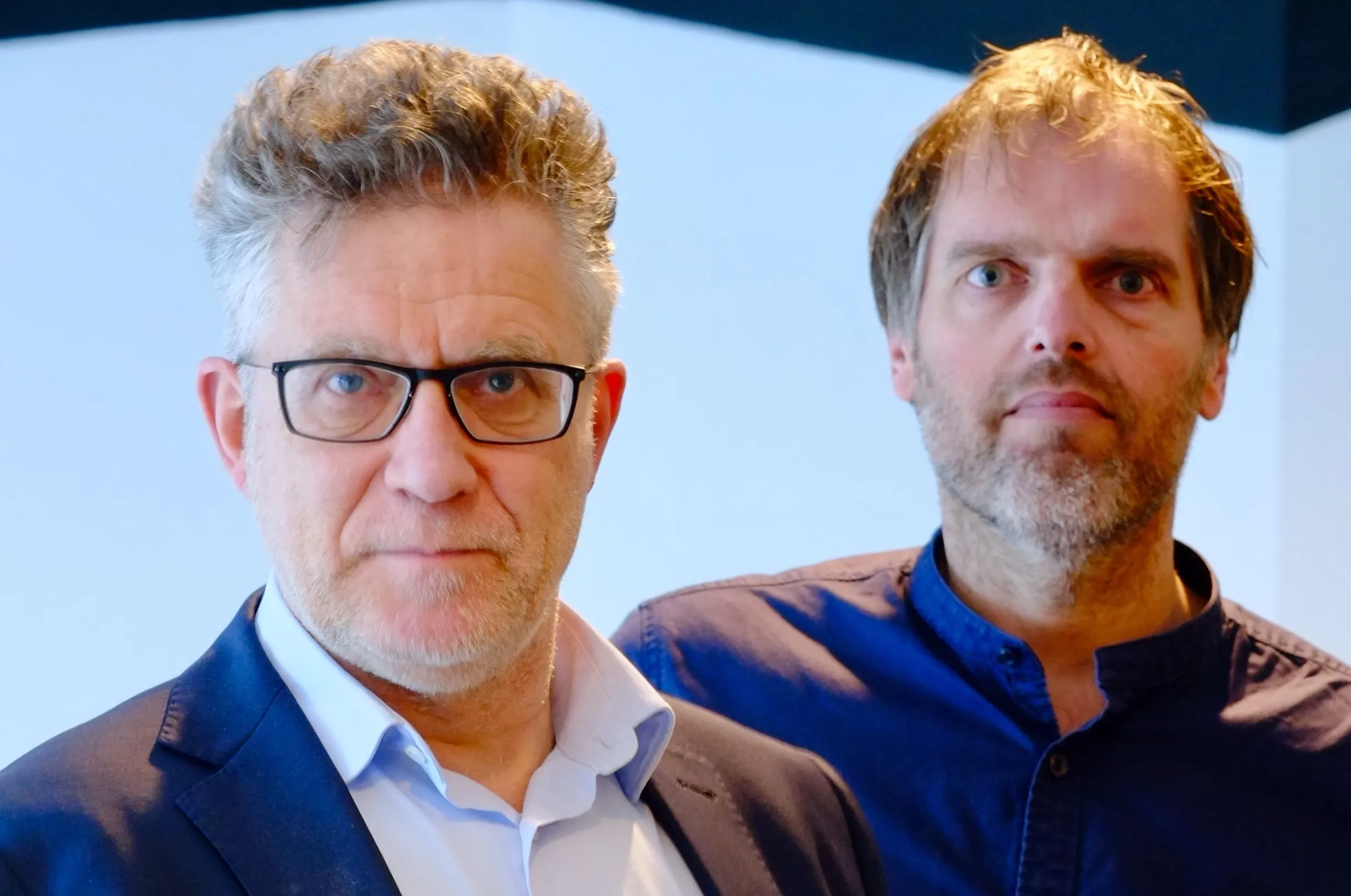
The companies – and their management – will be merged and plan to expand from the Netherlands to other countries, starting next year.
Their main solution is the Redline monitoring and enforcement platform which is used by around 40 municipalities including Amsterdam, Antwerp and Rijswijk.
“Monitoring and enforcement is an orderly and repetitive process with fixed elements,” says Redora CEO Paul van der Weijde.
“The platform combines data from various internal and external sources to provide real-time information which can be acted on immediately.”
For example, officers will clamp a car if the system shows that this is the fifth parking fine within a certain period – or even decide to get police assistance before approaching a person whose previous behaviour has been aggressive.
Parkius CEO Arthur van Wijck Jurriaanse says the acquisition marks “a real stride in the professionalisation of the industry”.
The companies say Redline can also be used for smart city applications, with the customer deciding what modules it wants included.
Van Wijck Jurriaanse confirmed that the companies are open to lengthy agreements as well as short ones: “We do enter into that type of multi-year contract but we also work with one-year contracts.”









